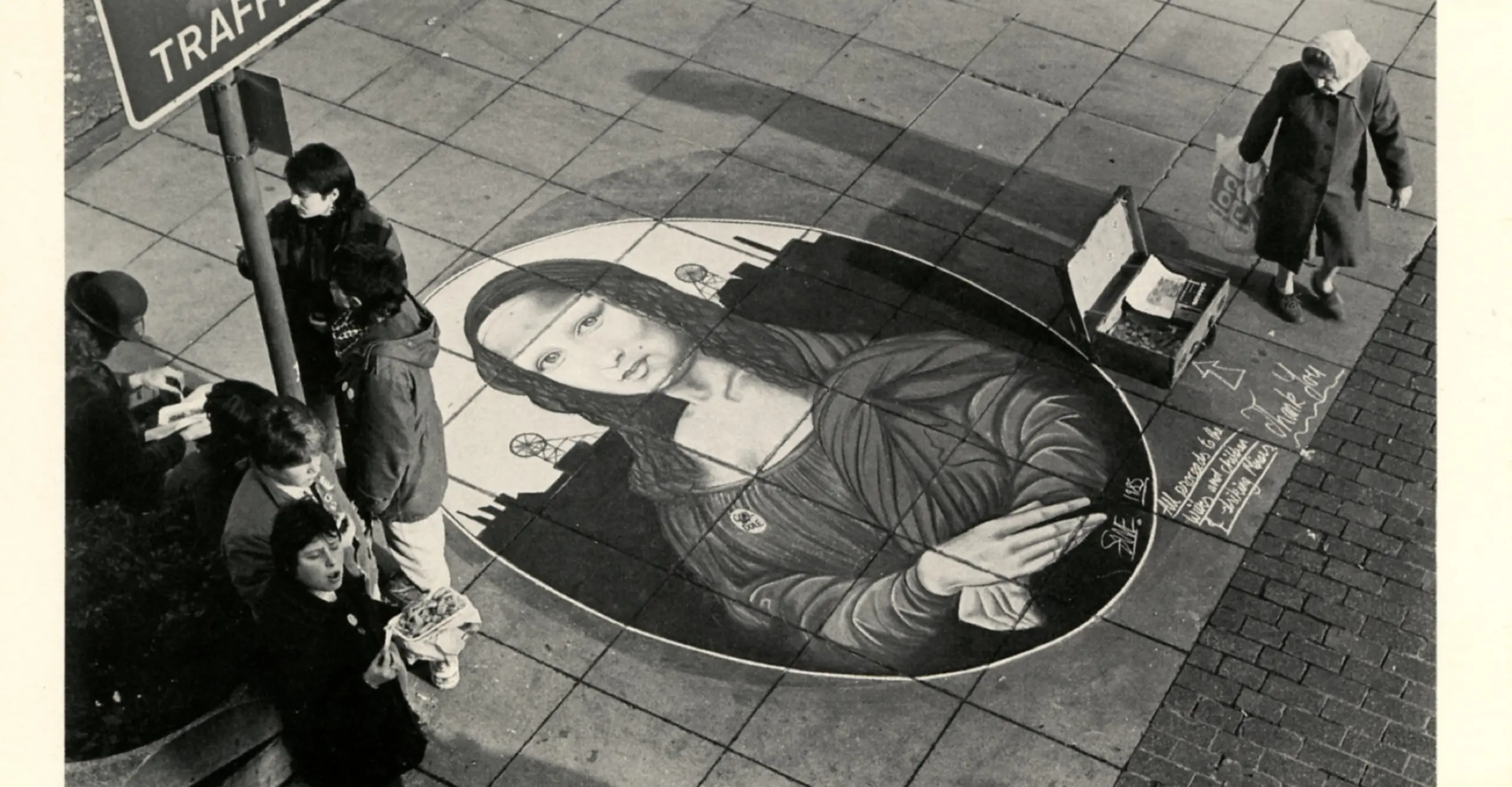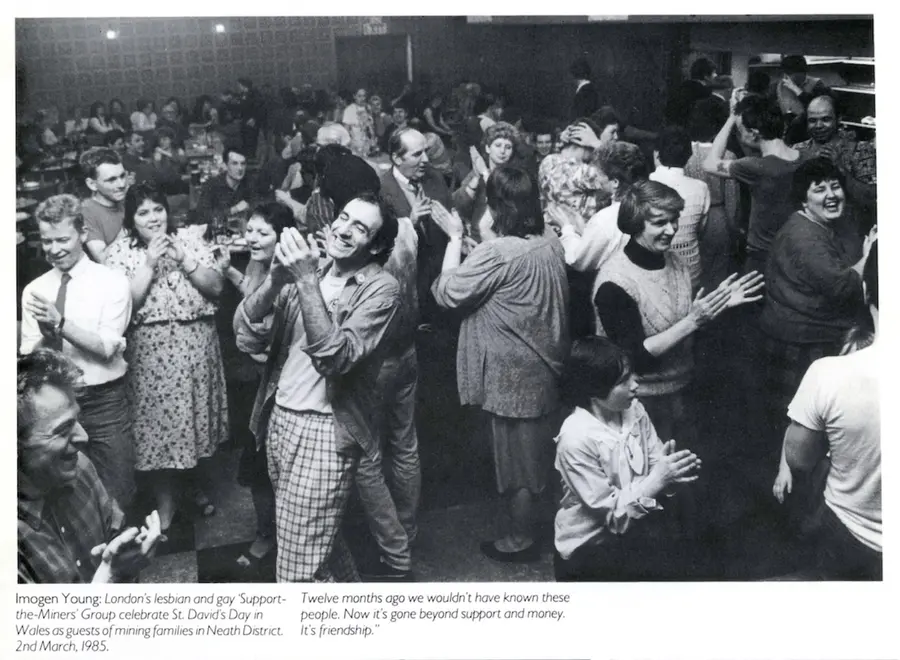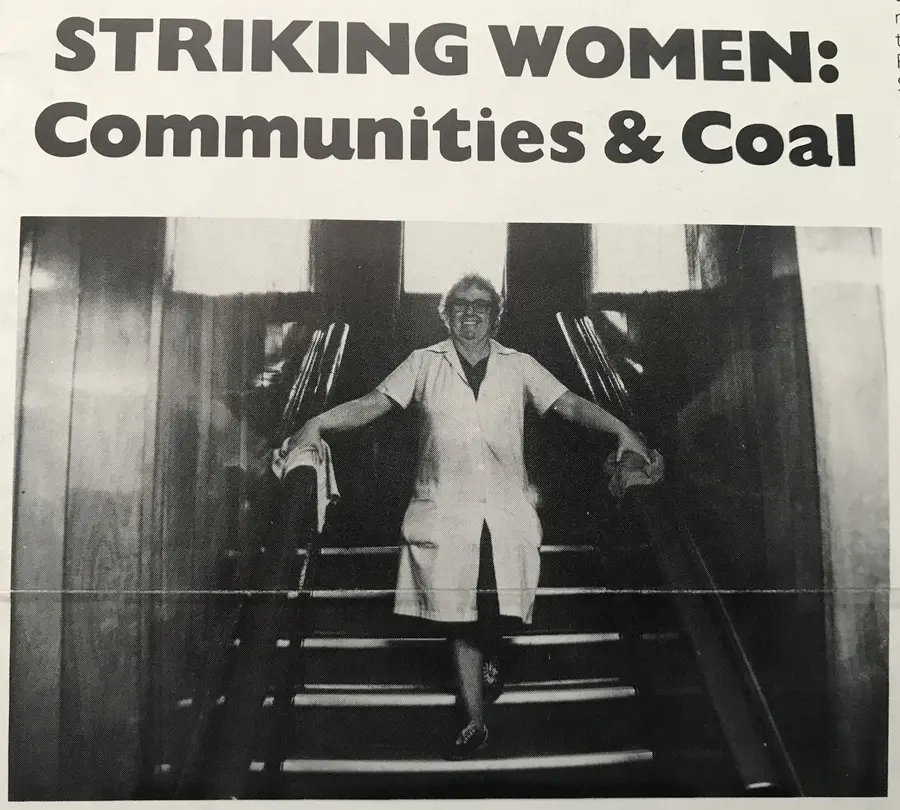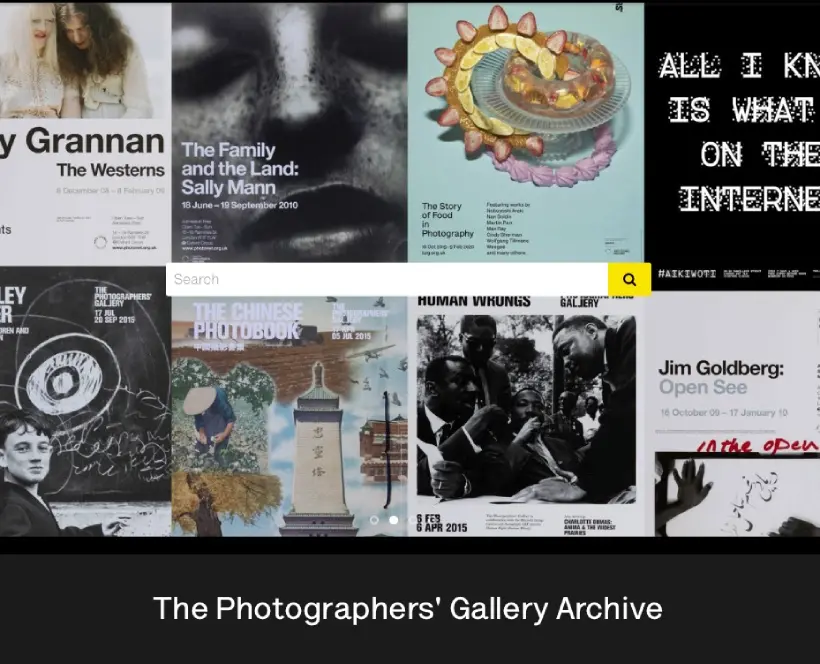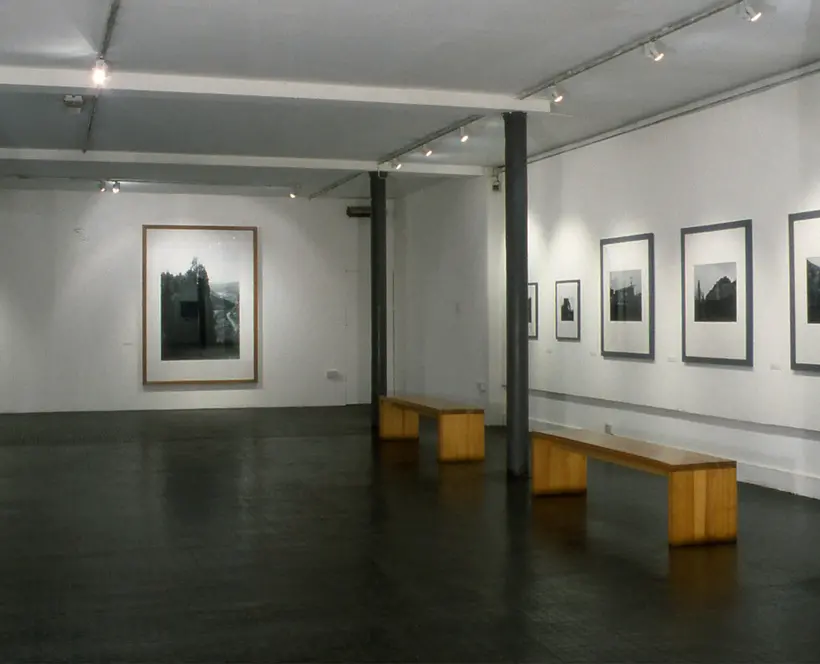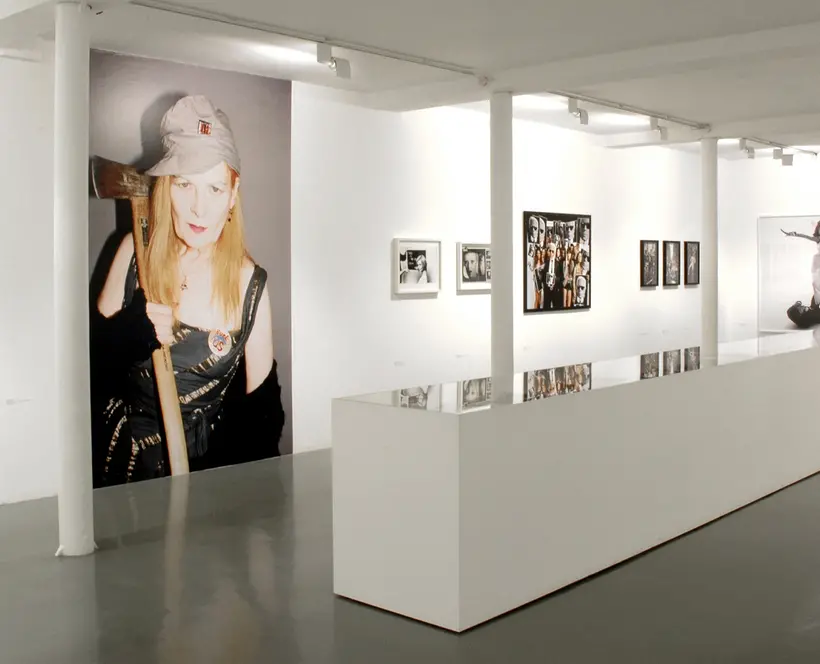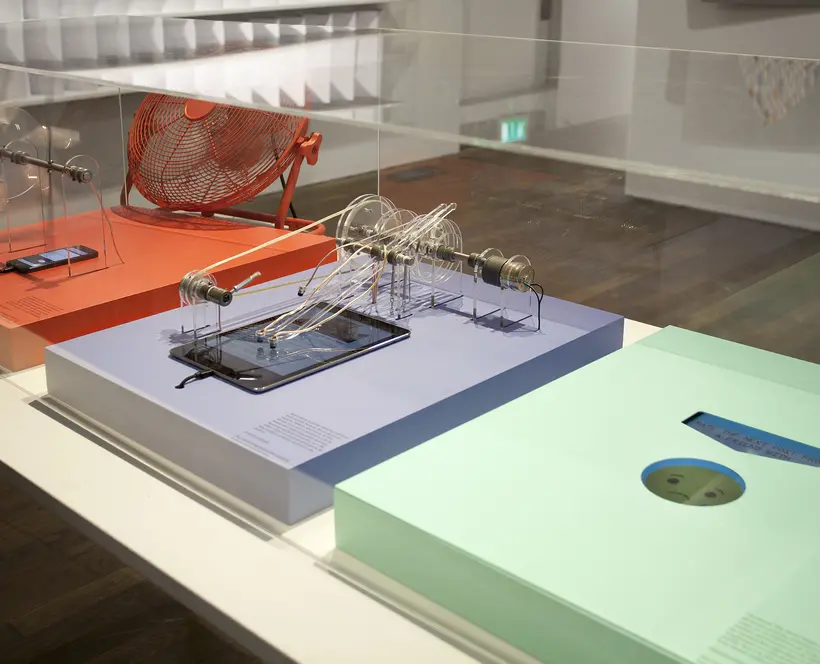06 Sep - 05 Oct 1985
This group exhibition – featuring commissioned work by Izabela Jedrzejczyk, Raissa Page, Brenda Prince and Imogen Young – was exhibited in the Tom Hopkinson Room at 5 Great Newport Street. It was shown alongside the exhibition Take One: British Film Stills in The Bill Brandt Room at 8 Great Newport Street.
Four women photographers were commissioned by the Gallery to document the changing role of women within the mining communities during the year-long strike 1984/5. Each photographer was chosen because of her long term involvement with women from different mining areas. The aim of the exhibition is to represent an aspect of the strike which the media largely failed to acknowledge. The photographs show not only four individual perspectives of the experiences of mining families, but also present an articulate feminist photography, showing working women in a positive and non-stereotypical way. The strike was not just about male picket-line violence and confrontations with the police, as so often shown by the media. It was about families and particularly women who fought to keep not only their home lives intact but also provided their men with crucial support by fundraising through all women support groups, managing food distribution and organising soup kitchens and also helping in non-violent picket duties. Through their numerous activities many women arrived at a political consciousness that developed ties with Greenham women’s struggle and women from racial minorities.
When the strike began in March 1984, Raissa Page was preparing to leave for the USA to undertake work on mining communities in cooperation with the Coal Employment Project, Tennessee. She temporarily abandoned that plan to work in South Yorkshire, concentrating around Barnsley and Bentley to document women’s roles and perceptions of the strike. Izabela Jedrzejczyk is a freelance documentary photographer who has worked in recent years on commissioned projects for the Side Gallery in Newcastle. Since 1984 she has been involved with the pit community in the village of Easington on the Durham Coast. Her work portrays how this close knit society dealt with the consequences of strike action. Imogen Young, who studied photography on the Documentary Course at Newport, Gwent, has concentrated her work around the Penrhwceiber Women’s Support Group and Neath and District Support Group in South Wales. Brenda Prince took up photography in 1978 because of her feminist belief that the representation of women should be more positive. From 1979-82 she studied photography at the Polytechnic of Central London and then worked in a community darkroom in North Paddington. She was invited to join Format, the all women’s picture agency, of which Raissa Page was a founding member in 1983, and since then has completed two major exhibitions: ‘Women and Manual Trades’ and ‘Jobs for the Girls’. At present she is finishing a project for Pensioners Link on elderly women and also working on a book entitled ‘Women in the Soviet Union’.
Alex Noble
Text taken from the exhibition leaflet.
Information for this exhibition is currently incomplete or yet to be catalogued.
We’re working to document our past programme using material in our Archive, and so information on this exhibition may become available in the future.
Can you help us? If you visited or were involved with this exhibition and have information you can share with us, we’d love to hear from you. You can get in touch using the details below.
Likewise if you spot anything incorrect, have any further information that would improve this listing, or want to share a memory of TPG please contact us at tpg.archive@tpg.org.uk
For further information on this and past exhibitions, visit our Archive and Study Room.
